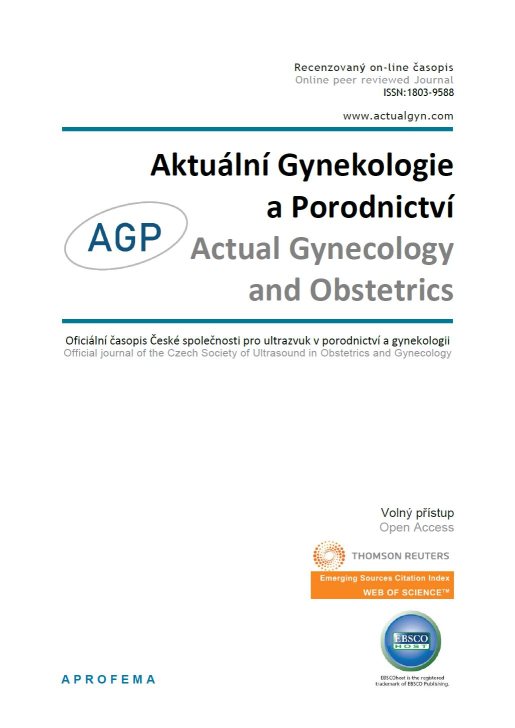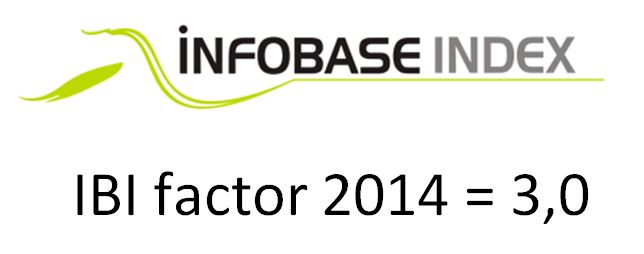











 Official publication of the Czech Society of Ultrasound in Obstetrics and Gynecology.
Official publication of the Czech Society of Ultrasound in Obstetrics and Gynecology.

Review article
Abstract
Hemolytic disease of the newborn causes severe fetal and neonatal mortality and morbidity. Highest risk of alloimmunization is in connection with delivery/labour and/or intrauterine invasive procedures during pregnancy. Alloimmunization of Rh-D negative mothers can be prevented in most cases with administration of anti-D imunoglobulin. Today we have no effective treatment for women where alloimmunization has already developed. Alloimmunization can prevent the women from further reproduction. This paper presents guidelines for anti-D administration in pregnancy.
Key words: alloimmunization, anti-D prophylaxis, guidelines, pregnancy
Přehledový článek
Abstrakt
Hemolytické onemocnění novorozence je závažnou příčinou fetální a neonatální mortality a morbidity. Nejvyšší riziko imunizace těhotné ženy nastává v souvislosti s porodem a/nebo nitroděložními zákroky během těhotenství. Imunizaci lze ve velké většině případů u RhD negativních matek zabránit včasným podáním anti-D imunoglobulinu. Pokud došlo u ženy k imunizaci, nelze jí v současnosti dostupnými metodami vyléčit, a imunizace svým trvalým charakterem může ženě zabránit v reprodukci. Toto doporučení formalizuje způsob a dávky podávání anti-D imunoglobulinu v těhotenství.
Klíčová slova: anti-D, prevence, profylaxe, aloimunizace, těhotenství, screening, doporučený postup